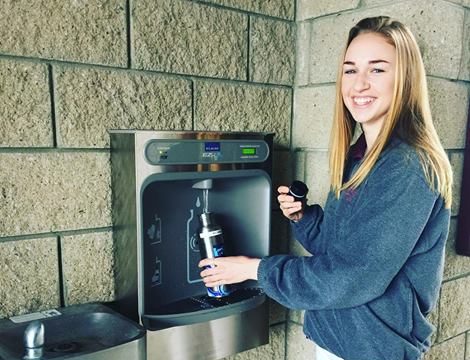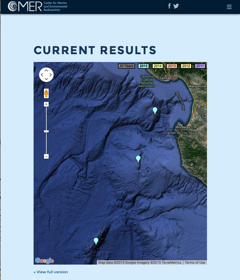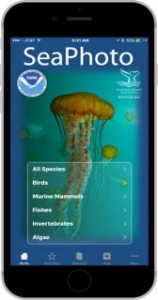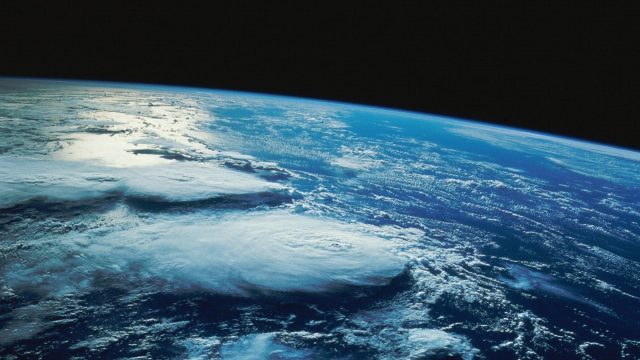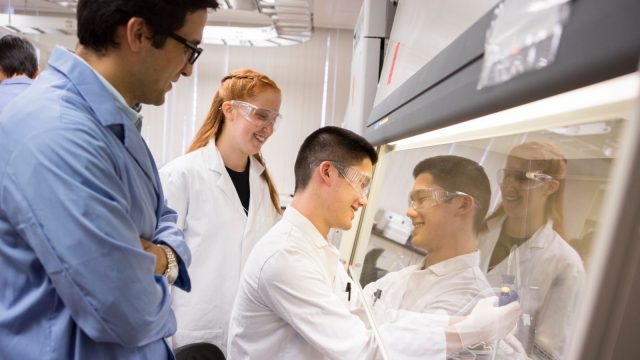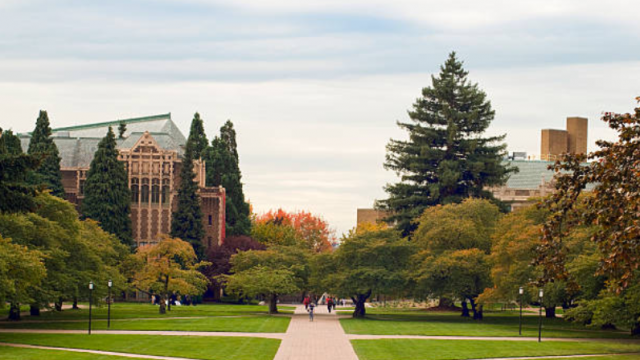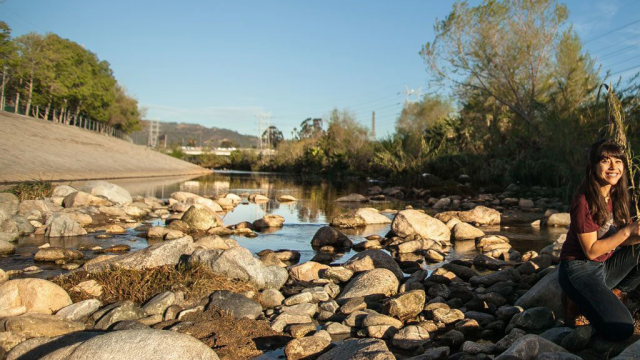Helping keep plastic bottles out of the Ocean one bottle at a time Save the Earth Foundation along with NOAA’s Ocean Guardian Program funded a new Hydration System at St. Francis High School in Watsonville, CA. Marissa DeVogelaere, a key member of the school’s Ecology Club, is pictured here with the new Hydration Station. Hydration… Read More
Save The Earth funded research to collect and analyze water samples for radioactivity from Fukushima in the ocean offshore of Central California.… Read More
SeaPhoto App iPhone and Android devices. This application provides access to over 1,650 high quality images of over 631 species of marine life of the Monterey Bay National Marine Sanctuary, including over 130 species with detailed ecological information. … Read More
Astronauts from all over the world (and from space) came together to film a video urging politicians at the U.N. Climate summit in Paris to take drastic action in order to save our planet and slow climate change.… Read More
Department of Earth and Space Science University Of Washington: Department of Earth and Space Science. Save The Earth is funding research to understand the natural baseline from which climate change occurs:Climate change occurs in response to natural forces, but also in response to some of mankind’s activities, but all we can observe is the resultant… Read More
Non-GMO Seed Project @ Canticle Farms Save the Earth Foundation (STE) recently announced its funding of a community nursery managed by Nick Routledge at Canticle Farms in Oakland CA, a non-profit urban farming and gardening initiative. The seed money granted by STE will go towards the purchase of public domain, open-pollinated, non-hybrid, non-GMO seed, soil,… Read More
Research aboard NOAA’s Bell Shimada Save The Earth’s most recent project is to collaborate with Central California research institutes on a 9 day research cruise aboard the NOAA Ship Bell Shimada. In May 2015, this project will characterize fish, birds and mammals of Davidson Seamount; evaluate the strengths and weaknesses of different marine mammal sampling techniques; and support the development of… Read More
“The multidisciplinary and applied nature of the ESE program teaches students to understand and analyze environmental issues from a technical level, and to apply the results of the analysis to real-world situations in order to address some of the most pressing environmental issues facing society today.” Eric Stein, ESE Alumni General Information The Environmental Science… Read More
Environmental studies at the W. M. Keck Remote Sensing Lab, Department of Earth & Space Sciences University of Washington, Prof. Alan Gillespie. The Remote Sensing lab has been conducting geological & environmental studies for more than twenty years. Major areas of focus have been:Forestry Analysis of forest re-growth and structural stage using spectral mixture analysis… Read More
Preparedness was a recurrent theme during a panel discussion hosted by the UCLA School of Public Health on the potential impact changes in climate could have on people’s health. More than 300 people attended the Climate Change Summit, where climate change and environmental health experts provided insight on ways climate change such as rising temperatures… Read More
